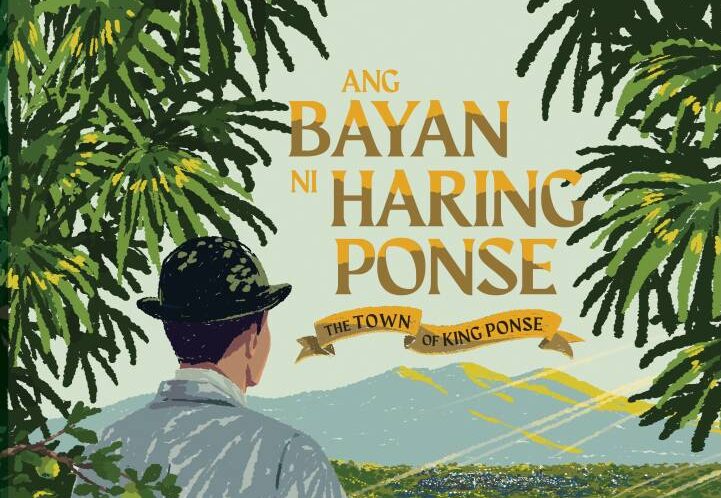One last episode, I swear.
This is possibly the most common lie K-drama fans tell themselves; and before we even realize it, we’ve finished one whole series in a single night.
If we could only list binge-watching a drama as a skill on our resumés, we would have done so—a long time ago.
Filipino K-drama “stans” (obsessive fans) all have that one show that made them ride the Hallyu—Korean Wave—along with the rest of the world. In the early 2000s, our local TV networks would dub high-rating East Asian dramas in Tagalog and these easily became part of our daily afternoon and primetime routines.
A bulk of them came from Korea. Who could forget about “Full House,” “Coffee Prince,” “Lovers in Paris,” “Princess Hours,” “Playful Kiss,” “Boys Over Flowers” and how much kilig these made us feel?
These were the shows we looked forward to in the latter part of our days—and are also the topic of our conversations come the next morning.
Crushing
It may come across as superficial, but our K-drama obsession began because we liked what we see. Who could blame us for crushing on these so-called human beings, who, in K-drama terms, made our hearts “flutter” with their undeniably good looks and equally good fashion sense?
By now, we know the archetypal Korean characters by heart. The leading lady is often tagged average, while her male counterpart is in many ways close
to perfection.
The dramas indulge the hopeless romantics in us, most especially those who never had any experience on dating or serious relationships. As we imagine ourselves in the shoes of the characters we have grown to love, we admit that K-dramas have, in so many levels, screwed up our expectations on relationships.
We become obsessed with these love stories— because we think these dramas are the only things that could make us feel again or get us in touch with the emotions that we no longer want to confront when we turn away from the screens.
K-dramas make us fall for the idea of love more intensely, but fans also know how to approach the euphoria sensibly. We know that the love we witness in dramas usually doesn’t come close to what we (can) experience in real life.
#SongSongCouple
Fans, however, can also become so invested in fiction that we root for onscreen lovers to become real-life couples. Although we may feel a temporary pang of pain when we hear our favorite stars confess about their love lives, we feel happier that our favorite “ships” have finally sailed. We all know about the #SongSongCouple.
But as we cheer for these actors, deep inside, we are also rooting for ourselves to be able to create our own versions of a happy ending.
K-drama plots, as idyllic as they may seem, really serve as reminders of what kind of people we deserve, and, more importantly, what kind of people we should strive to be, whether it’s in the context of a romantic relationship or not.
We’re also smart enough to know that true love can’t be achieved by dating a Korean—some of us have already tried.
And to serve as a public service announcement to most guys out there: K-drama isn’t just all rom-com and we’re no longer just watching it because of our favorite oppas.
Stellar cinematography
The Korean entertainment industry has managed to put out quality shows that make every episode feel like
a movie. TVN, in particular, has consistently produced shows with stellar cinematography—“Goblin,” “Tomorrow With You,” “Signal,” “Circle” and “The K2,” among many others.
K-dramas are not scared to show its country’s flaws, with many dramas tackling corruption—reflecting a collective frustration with their society’s different systems.
The plots are also getting bolder and richer each year, as writers begin exploring different types of fiction, while still heavily dealing with philosophical and ethical concepts.
Embodying the mystical
But even as the dramas become more experimental and speculative in the stories they are trying to tell, Korean figures that embody the mystical and, of course, their culture, still remain prominent. These are among the many reasons why the shows have made such huge imprints on its global audience.
Currently, the audience is very much in control. Streaming has given us complete control on what we want to watch and when we want to watch it.
Hallyu
We no longer have to wait for local networks to close partnerships to be able to distribute the dramas we are itching to watch. K-dramas are available all over the internet and with streaming services like Viu, Korean entertainment, in various genres, is easily and freely available for us to access.
Among its fans, a K-drama episode has transformed into a currency on its own. For the diligent workers among us, the most asked question is this: Do I deserve to watch K-drama today? It is a way to reward ourselves after surviving a grueling week or a daunting task.
Hallyu is now part of our lifestyle and we choose to let it be. We continuously crave Korean dishes. We sometimes find ourselves cursing in Korean. We let a huge chunk of our time be eaten by the entertainment they produce.
It’s their familiarity with and understanding of their own values and history, the pressure to come up with and deliver fresh stories and the ambitious attempt to create new trends that we all have come to admire—and subconsciously wish for our own entertainment industry to adapt.
But, until then, our list for must-watch K-dramas continues to grow longer.








































